Chosen theme: Exploring Cultural Artistry on Eco Routes. Step into journeys where sustainability meets heritage, and every path connects you with makers, materials, and living traditions. Subscribe and travel with intention as we spotlight craft communities that thrive without costing the earth.
Sustainable Journeys to Living Traditions
Beyond postcard views, eco routes trace rivers of knowledge—kilns fueled by pruned wood, looms humming in sunlit courtyards, dye vats shaded by fruit trees. Each stop teaches how craft and ecology sustain each other over generations.
Sustainable Journeys to Living Traditions
Arrive slowly, ask permission, and honor the rhythm of work. Pay fairly, learn phrases of gratitude, and avoid interrupting sacred or seasonal processes. Ethical curiosity opens doors that hurried tourism never notices, and friendships blossom naturally.
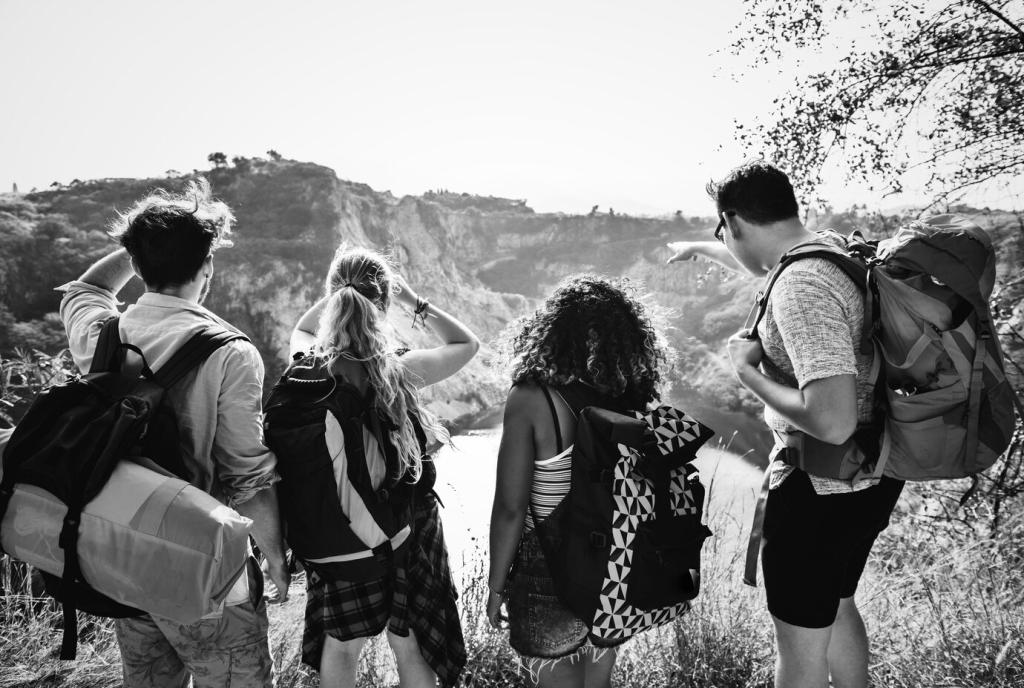
From Plant to Palette
Marigold petals, madder roots, walnut husks: natural dyes become vivid palettes when water is respected and mordants are gentle. On eco routes, artisans share composting habits and rainwater harvesting techniques that keep streams clear and colors brilliantly honest.
Upcycling as Heritage
In many workshops, upcycling predates modern buzzwords. Broken ceramics are mosaicked into courtyards; sari silks become luminous quilts. Eco routes highlight how resourcefulness is an art form, turning scarcity into beauty without romanticizing hardship or waste.
Sourcing Without Extracting
Responsible gathering means pruning bamboo, not stripping groves; weaving palm leaves after seasonal fall, not forced harvests. Travelers can ask about permits, replanting efforts, and local stewardship agreements to ensure artistry strengthens ecosystems rather than depleting them.
Travel Light, Learn Deep
Trains, Bikes, and Footpaths
Where possible, choose rail, cycling, and walking segments that reduce emissions and reveal roadside workshops you’d miss by car. Slow approaches make it easier to accept invitations, sample tea, and witness unposed moments of everyday making.
Zero-Waste Field Kit
Carry a compact kit: water bottle, folding cup, utensil set, fabric tote, notebook, and repair tape. These small items prevent single-use clutter in studios, signal respect for shared spaces, and keep your focus on learning, not litter.
Listening Before Photographing
Introduce yourself, ask whether photos are welcome, and learn the story before pressing the shutter. Some techniques are private or spiritually significant. When trust leads, images carry consent—and your memories become partnerships, not trophies.
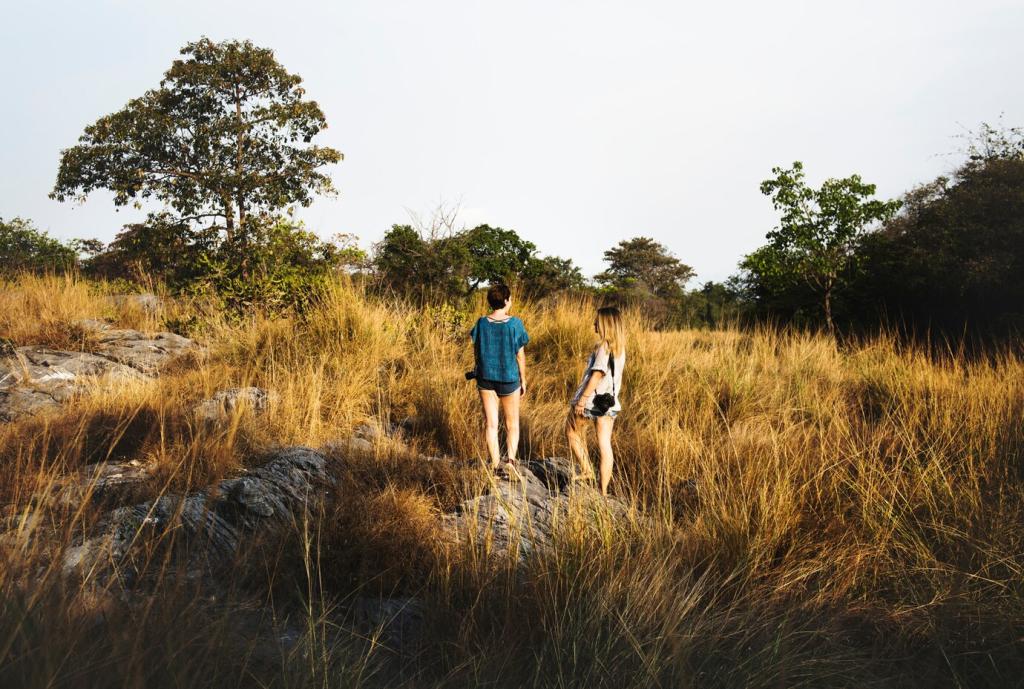
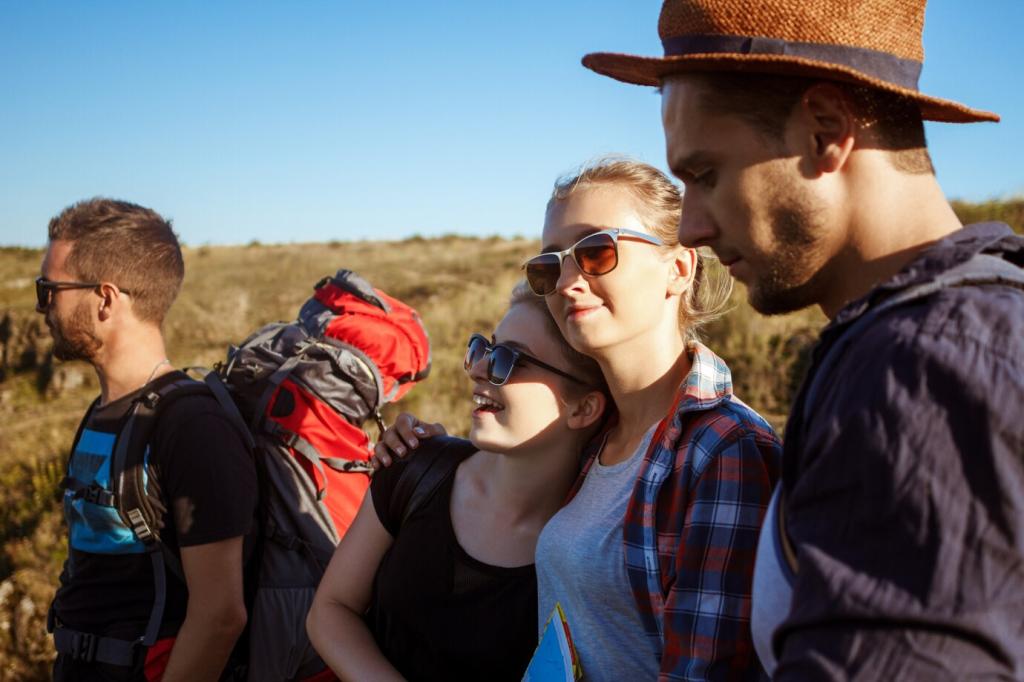
Mapping Community Benefit
Handmade work reflects hours, skill, and lineage. Fair pricing acknowledges living wages, material stewardship, and apprenticeships. Ask about cooperative models, and resist bargaining that undermines sustainability. Your purchase can fund training and future harvests.
Mapping Community Benefit
Choose experiences that transfer knowledge—try carving a simple motif or twisting plant fibers into cord. The keepsake is understanding, not clutter. Makers often say teaching sustains their craft more than one-off sales ever could.
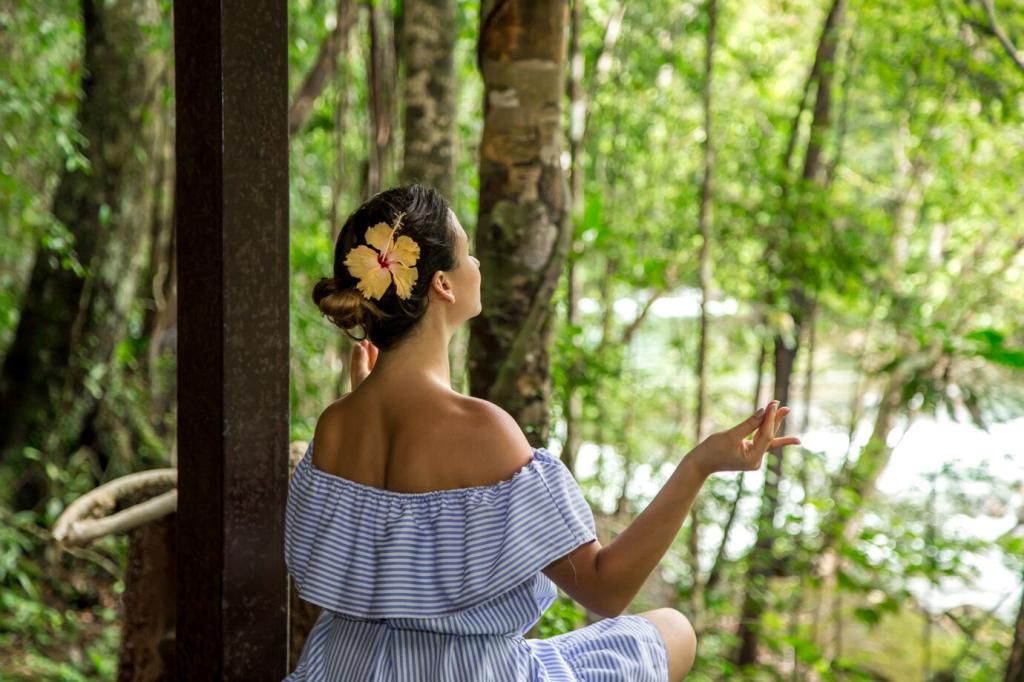
Stories Carved in Place
Clay forms echo hillside curves; basket weaves mirror fishing nets; tiled motifs map ancient trade winds. On eco routes, place becomes a teacher, and you begin recognizing landscapes inside every bowl, textile, and chime.

Start small: pick a region, list two crafts, and map low-impact transport between them. Reach out to community centers ahead of time, book with co-ops, and build rest days for reflection and journal notes.
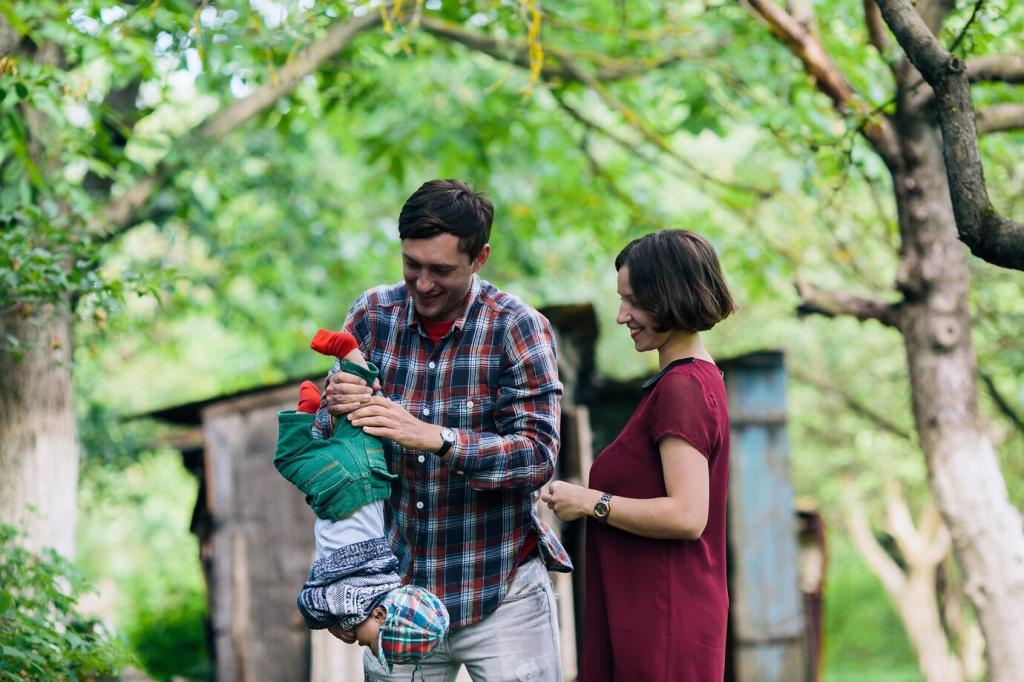
Can’t travel now? Commission pieces remotely, fund seed banks, or join online workshops hosted by artisans. Sharing their work on social channels introduces new patrons while reducing travel emissions—and keeps traditions active between trips.
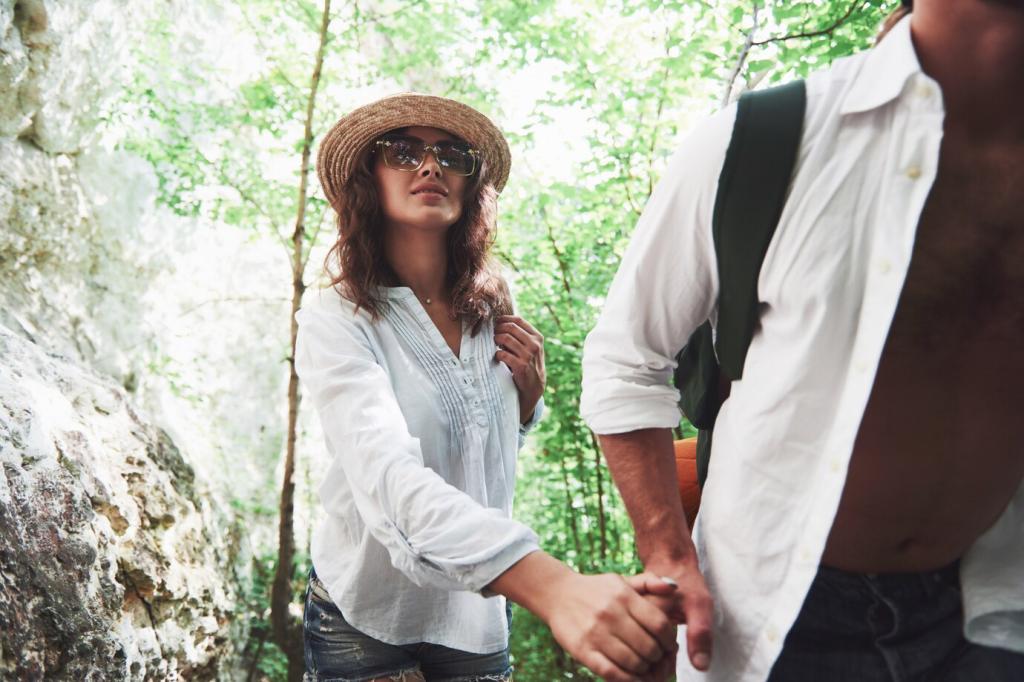
Tell us about the studio that surprised you or the recipe an artist taught you after sunset. Comment below, subscribe for new eco route guides, and invite a friend to plan a respectful, art-filled journey together.
